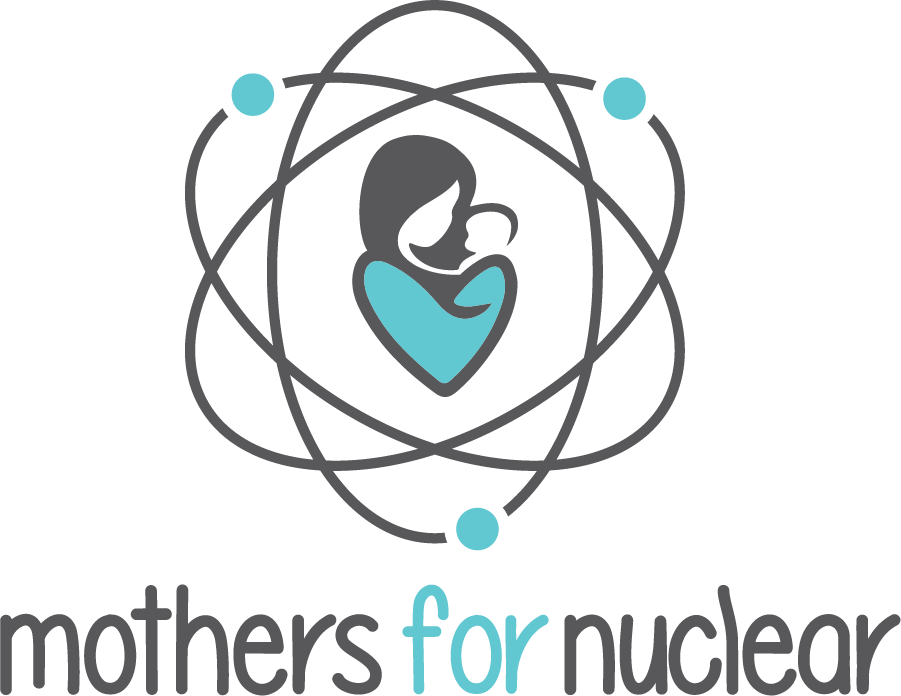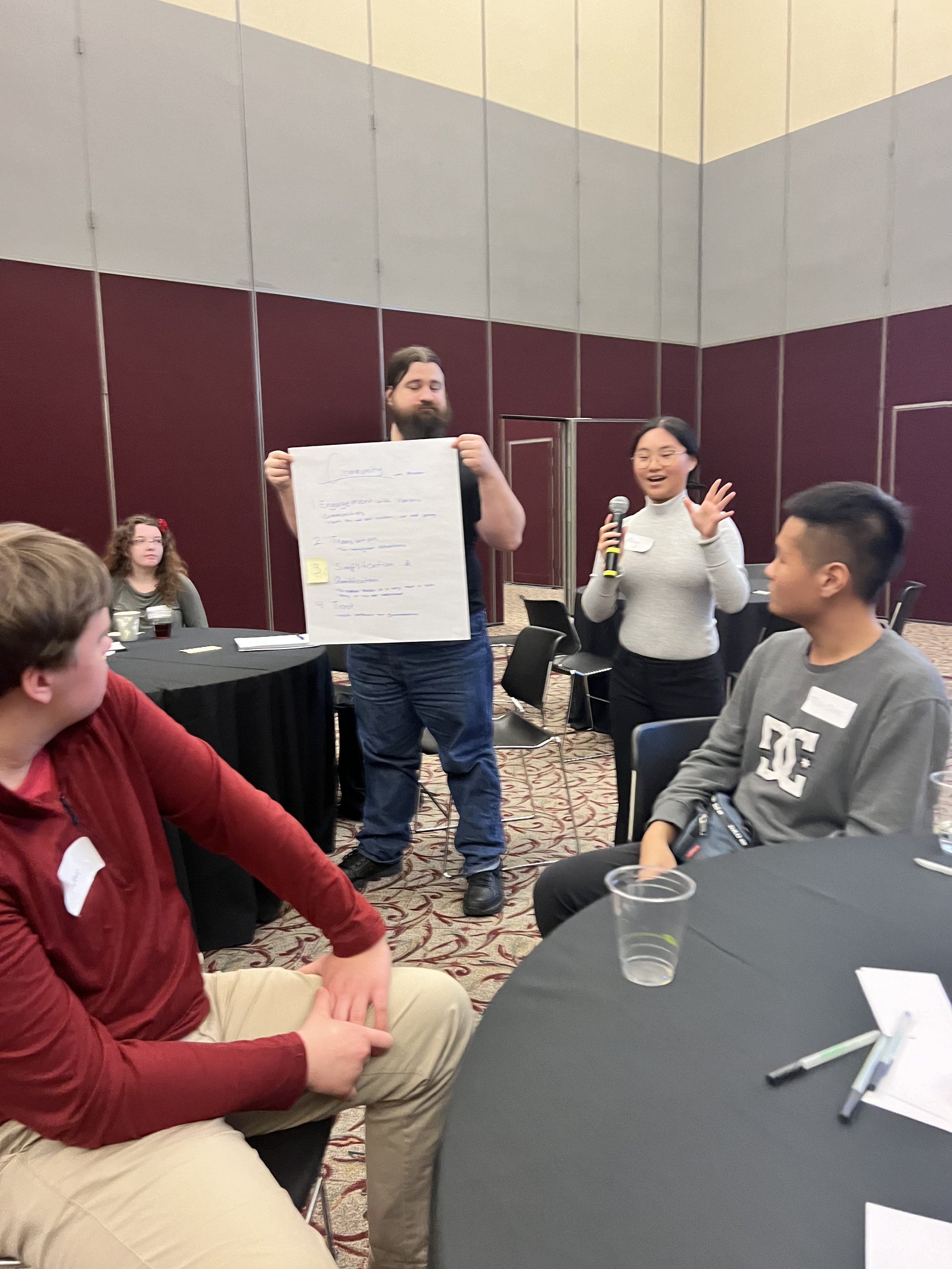First Consent-Based Siting Workshop, Raleigh
On January 27th, we joined our partners North Carolina University and the Tribal Consent-Based Coalition in hosting our first public workshop to engage with communities and discuss consent-based siting of nuclear fuel.
Our overall program is designed to gather data about how people respond to different messaging techniques surrounding nuclear energy and the storage of fuel. Our theory at Mothers for Nuclear is that nuclear communications are nuanced and that leading with trust-building and story-telling can be an impactful method for opening a productive dialogue about many energy topics, including the Department of Energy’s proposed interim consolidated storage facilities. Different types of people respond to various types of messaging. Some like facts and data. Others like to talk about feelings and emotions. Many of us lie somewhere in the middle of this spectrum. We hope that by combining storytelling and empathy with data about nuclear and risk, we can reach people emotionally and leave them with both a positive experience and more technical knowledge about nuclear.
Mothers for Nuclear’s role alongside the TCBC organization is to share our experiences and stories to connect with the public while largely avoiding technical intricacies and data. At the same time, our partners at North Carolina State University focused their communication on technical facts and data surrounding nuclear energy and risk evaluation. Each of our organizations brought a different flavor and appeal. We aim to test our theories and approaches in these workshops to see how the public responds. This information will later be shared back to the Department of Energy to contribute to eventual consent-based siting of new facilities.
Since this was our first workshop, we opted to do a trial run and focus primarily on the in-person aspects of our program with a small, friendly audience at NC State, in Raleigh, North Carolina.
Beginning at 9 am sharp, the room filled up and we prepared to start our 5-hour workshop with around 50 attendees. Taking the temperature of the room, we asked the audience about their backgrounds, many were students but we also had a few industry professionals and some individuals who were walking by and stopped to join.
Before we started our presentation we asked all participants to fill out a short survey to collect data on their current thoughts and perspectives on nuclear energy and communication.
Participants heard from our friend Scott Lathrop from the YTT tribe and Founder of the Tribal Consent Based Coalition. The crowd was captivated and surprised by his perspective, “Nuclear is a great option for native american nations.” Scott covered the troubled history of uranium mining on the Navajo Nation lands and the history of Diablo Canyon on his ancestral lands. Before the audience heard from Robert Hayes, they again took the same survey to collect their opinions and collect any changes in opinions/perspectives.
We then presented our classic Mothers for Nuclear story where we aim to connect with the audience through sharing our personal journeys to nuclear and also some things we’ve noticed that may need improvement regarding nuclear industry communications. Our testimonial presentation delved into our nuclear journey, covering our previous doubts and fears, how we changed our minds, why we started Mothers for Nuclear, and the importance of our work. We offer to be a resource for those who might have questions or concerns, but find it difficult to get good information about nuclear energy.
Dr. Robert Hayes, who gives daily lectures and presentations as a professor, felt comfortable on stage and was masterful at explaining the more technical aspects of nuclear. Robert, known as the Nuclear Science Lover on Tik Tok, has garnered a large following and receives heavy engagement on his posts which often describe common misconceptions about nuclear energy and radiation. It was clear from all the hands raised to ask questions after his presentation that he made an impression.
After a break for lunch and more causal conversations, participants broke out into small groups based on topical areas including economics, transportation, safety, recycling, and community benefits. They had the chance to discuss their chosen topic and we were intentional to foster an open environment where all could feel safe to ask questions. express doubts, and investigate potential solutions. We are happy to report it worked pretty well! When all were done we had the pleasure of hearing a report out from each group. There is no replacement for live feedback and in-person conversations. The audience was engaged and eager to share suggestions, concerns, and even hopes for the future. We were left with the sense that there is so much appetite and eagerness for this topic. People wanted more information and a way to ensure their communities, friends, and family could access it.
In future workshops, we will consider live streaming or hybrid meetings, and may even do more targeted recordings to share with specific audiences. We hope to leverage the power of social media to gather as much input and perspective as possible. Creating content specifically for social media will allow us to reach larger audiences, collect more data, and target specific groups that have historically been underrepresented in these conversations.
When we concluded the workshop, the questions and conversations did not stop. Many stayed behind and gave their information to be kept up to date on our progress. Our team left proud, tired, and ready for the next workshop.




